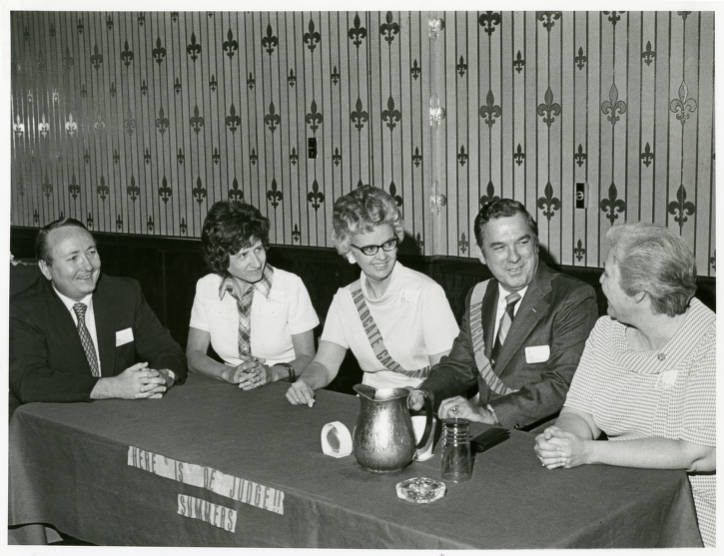
The SCLA Continuing Education Committee is excited to invite you to The Library Link, a one-day professional development event designed to connect library leaders, spark new ideas, and provide practical tools to support your work.
Join us on Wednesday, April 23, from 9 AM – 4 PM at the R2i2 Conference Center for a day of learning and networking. Dive into timely topics like advocacy, navigating book bans, understanding LSTA grants, crafting strong staff talking points, and podcasting to strengthen community connections.
Whether you’re new to SCLA or a longtime member, there’s something for everyone!
Cost: $20 for SCLA members | $75 for non-members
Light refreshments provided (lunch not included).

If you are interested in being more involved in advocacy, consider joining the:
Institutional Membership Is Here!

We are excited to announce our new opportunity for institutional membership! At any level, this membership will provide the full benefits of SCLA for your library’s entire staff (full-time and part-time). These benefits include access to resources and professional development that may have been inaccessible in the past due to costs or job function along with the convenience of paying for all staff memberships in a single transaction.
To learn more, view this flier: SCLA Institutional Membership 2024.
Support for You and Your Library
Your membership supports SCLA’s aggressive and productive efforts in the state and nationally to assure that South Carolina’s libraries are well-funded and maintain their national standing as the very best.
We are a state chapter of the American Library Association (ALA) and an affiliate of the Southeastern Library Association (SELA). The association is made of librarians from all around our state South Carolina dedicated to providing innovative services and promoting libraries and intellectual freedom to all our citizens including the public, as well as those in higher education and in our schools.
The Benefits of Membership
- Support for you and your library
- Grow your career and skills
- Stay informed
- Opportunities for involvement and networking
- Access to services for you, your library, and your community






